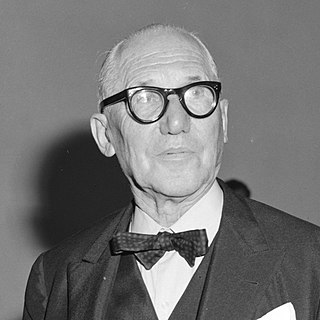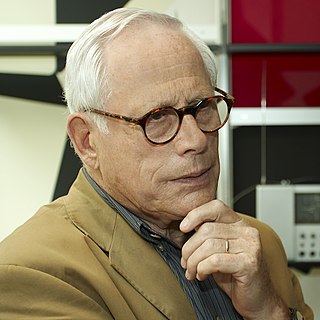A Quote by Le Corbusier
A hundred times have I thought New York is a catastrophe and 50 times: It is a beautiful catastrophe.
Quote Topics
Related Quotes
The New York Times will tell you what is going on in Afghanistan or the Horn of Africa. But it is no exaggeration that The New York Times has more people in India than they have in Brooklyn. Brooklyn is a borough of two million people. They're not a Bloomingdale's people, not trendy, sophisticated, the quiche and Volvo set. The New York Times does not serve those people.
Catastrophe Theory is-quite likely-the first coherent attempt (since Aristotelian logic) to give a theory on analogy. When narrow-minded scientists object to Catastrophe Theory that it gives no more than analogies, or metaphors, they do not realise that they are stating the proper aim of Catastrophe Theory, which is to classify all possible types of analogous situations.
Recently it's become much to my surprise, something that does happen. For example, I used to get almost all of my stories, and it's probably still true, from newspapers. Primarily from The New York Times. No one ever really thinks of The New York Times as a tabloid newspaper and it isn't a tabloid newspaper. But there is a tabloid newspaper within The New York Times very, very often.








































